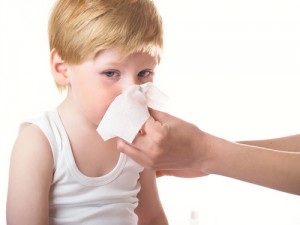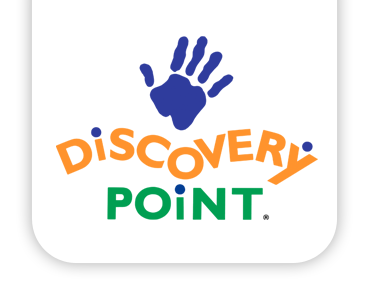Discovery Point Blog

How to Keep Your Child From Getting Sick at Daycare
Preschools and child care centers can provide valuable opportunities for learning and socialization in a safe and supportive environment. Protecting your children against the minor illnesses that can arise in these educational facilities, however, can help them to derive the greatest benefit from their early childhood experiences and can reduce stress and worry at home. Here are five proven strategies for helping your child learn to share toys and games without sharing viruses and bacteria into the bargain.
Vaccinate
Despite recent controversies, vaccination remains the most effective way to protect against many serious childhood illnesses, including the following:
- Mumps, measles and rubella
- Chicken pox
- Hepatitis B
- Diphtheria, tetanus and pertussis
Most major public health organizations endorse the use of vaccines to prevent children from contracting or spreading these potentially dangerous diseases. Following the advice of your pediatrician can help you reduce the risks for your own child and the children with whom he or she has contact.
Eat Healthy
Encouraging your toddler or preschool-aged child to eat plenty of fresh vegetables and fruits can help to boost his or her immune system. This can significantly reduce the number of colds and flu bugs your child picks up and can even protect the rest of your family against these minor ailments. Choosing foods high in antioxidants and carotenoids can be a good first step toward eating healthier and staying well for your entire family.
Keep Shared Toys Clean
Regular cleaning and sanitation of toys and other shared items in preschool and child care environments can help to prevent the transmission of colds and flu among younger children. This is especially critical for toddlers two and under; since nearly everything finds its way to their mouths, keeping toys and plastic surfaces clean and germ-free can reduce the risk of disease transmission in these centers for early childhood education.
Enforce Regular Hand-Washing
Teaching your little ones to wash their hands before and after every meal and at regular intervals throughout their day can reduce the build-up of germs on skin surfaces and can keep children safer when in contact with others in their peer group. Hand sanitizers can also be used to supplement hand-washing after active play with other children at home or in a child care facility. Ensuring that staff members at your child’s preschool or child care center also maintain best practices regarding hand-washing and sanitation can be critical to your child’s ongoing health and well-being.
Choose Facilities with Compassionate and Careful Sick Policies
When children do fall ill, it is critical to provide separate and safe areas for these children before they are picked up by parents or guardians. This can protect well children against exposure to the disease while allowing sick children the chance to rest and recuperate. Discovery Point, for example, maintains a “boo boo room” for children that provides a safe and supportive environment for toddlers who are feeling under the weather and need a little extra attention before their parents arrive.
The experts at Discovery Point Child Development Centers can provide a healthy and safe environment for children during the most critical formative stages of their early childhood. By entrusting your child to these knowledgeable professionals, you can ensure the most positive learning experiences while reducing the spread of common childhood ailments and disease through their early childhood educational careers.


